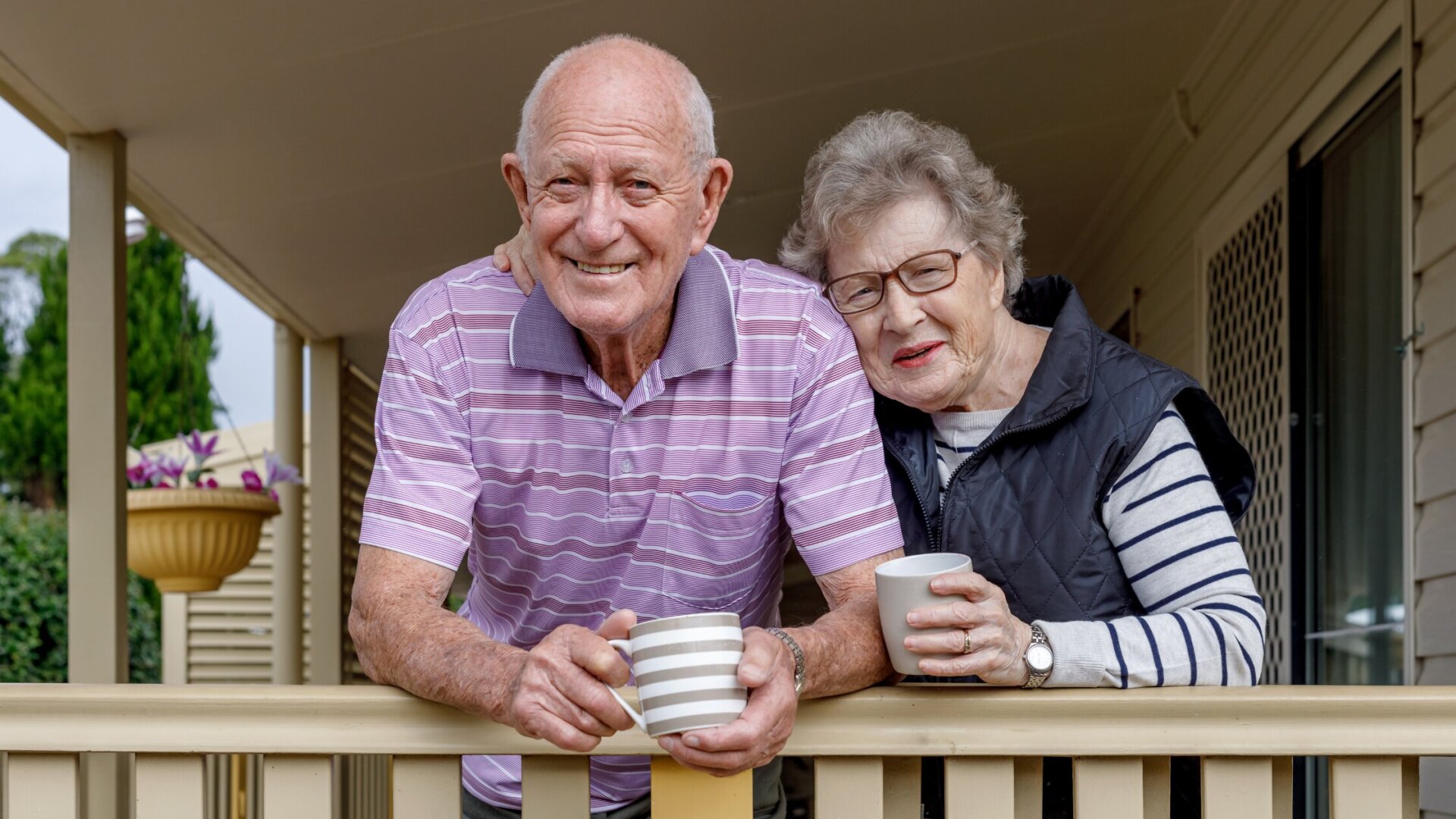Fostering Social Interaction for All Ages
Social Isolation is Detrimental to Your Health
Traditions preface: We were struck by the statistics on how detrimental social isolation and loneliness is to our health. One of the benefits of living in a Traditions community that sometimes comes as a surprise to residents is the companionship and how transforming it can be. It might just be sharing a 20-minute lunch with a friend or small group, going on an outing, knitting or playing cards with others, but it can change the way someone feels first thing in the morning and give them something to look forward to in the days to come.
See what others who believe strongly in the power of personal connections are doing to make it possible for seniors and people of all ages.
Originally published by the American Planning Association:
Social isolation is a silent killer.
Nearly 1 in 5 adults over the age of 50 is at risk. The health risks of prolonged social isolation are equivalent to smoking 15 cigarettes a day, and cost Medicare $6.7 billion annually in increased healthcare costs.
City planners have long recognized that the design of the built environment can influence social engagement. In his seminal book, Livable Streets (1981), Donald Appleyard found that points of social interaction along and across streets increase as traffic decreases.
Residents of light-traffic streets were found to have three times as many local friends and twice as many acquaintances than residents of heavy-traffic streets. Contact across the street was much rarer on heavy-traffic streets. And the sense of loneliness and danger was especially amplified among older residents. “It’s not a friendly street — no one offers to help. People are afraid to go out into the street because of the traffic.”
More recently, the Center for Active Design found that neighborhood disorder — things like street litter, vacant lots, and graffiti — lower community pride and trust in the police and local government. The Center’s Assembly Civic Engagement Survey also revealed that people who report litter to be “very common” in their neighborhood exhibit a 10 percent lower likelihood of believing that community members care about one another.
Where trust is lacking, residents are less likely to venture out, benefit from chance encounters with neighbors, and participate in community activities.








